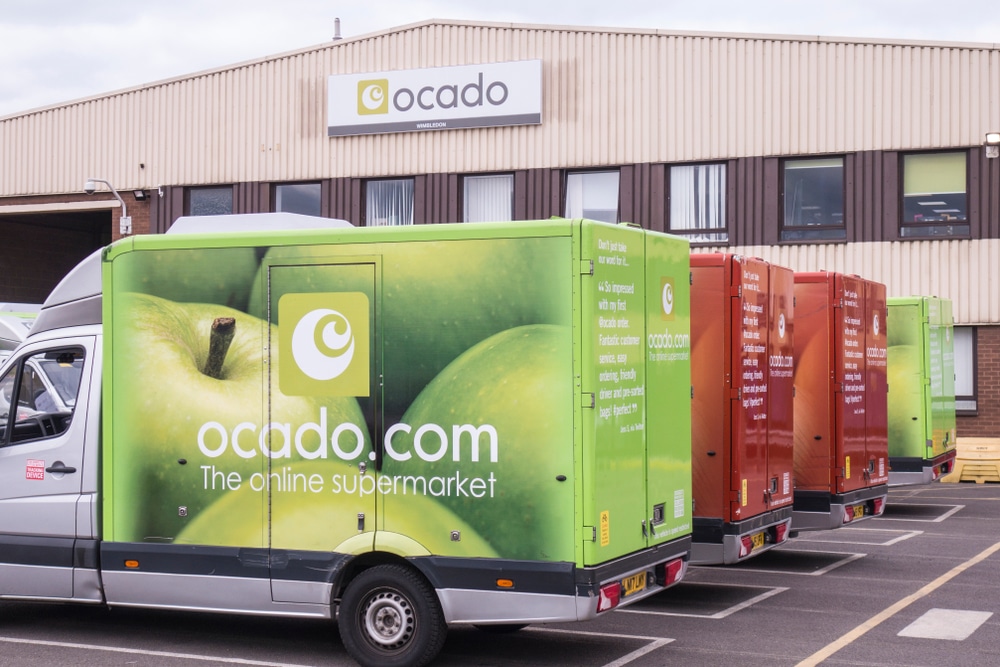Key points:
- Ocado has recorded another victory in the Norwegian robot patent row
- There are still several stages to go though
- Ocado is a tech company now, patents are important
- Ocado Is Trying Amazon’s Strategy – Will It Work?
Ocado (LON: OCDO) shares are up near 5% this morning on the back of news about another win in the patent case concerning the Norwegian robots. It’s possible to take one of two views here about the importance of this case.
One is that Ocado is a technology company now. Patents are a vital part of protecting your technology so, a patent win is a big win. It’s also possible to argue the other way, as we have hinted at before about Ocado. Which is that yes, patents can be important. But the real value in this particular technology is not in the machines themselves but in the company-specific knowledge of how to make them actually work in the installed environment. There are plenty of people who can make a robot, not that many who can make a robotic warehouse – that’s the difference between the two sets of knowledge.

Also Read: Options vs Stocks, – Which to Choose as a Trader?
The specific announcement today is that the ITC – that’s the American process for ruling on these patents – has decided in favour of Ocado. Autostore does not own patents which invalidate those of Ocado, Ocado is not violating patents owned by Autostore. Which is good, but it’s by no means the end of the matter. Just as the recent German patent court victory wasn’t either. There’s still a case to be heard in the High Court in London. The thing about patent law being that it varies, a little, by place and claims such as these have to be argued out in each jurisdiction where they do so vary.
Of course, having won the ITC part then things are looking good for Ocado’s High Court case but it’s still not a 100% slam dunk.
As to what this means for Ocado as a whole that’s more complex. Ocado has indeed moved from being an operator of online grocery shopping into being a producer of the technology which enables online grocery shopping. As was true back in the days of real gold rushes, the money was made by the folk selling shovels and jeans (this is how Levi Strauss started) rather than by the folk who didn’t find the gold. So the strategic move can be seen as making a certain amount of sense.
But this does mean that Ocado’s future is determined by how many people wish to purchase its technology. Yes, the ownership of the patents on the specific robots is a useful part of this but it’s not the be-all and end-all. What actually matters is the ability to produce a working warehouse. Which is about much more than any one part of the technology – it’s about integrating all of it.
It’ll be Ocado’s success at selling their expertise in doing that which determines the share price in the medium term.




